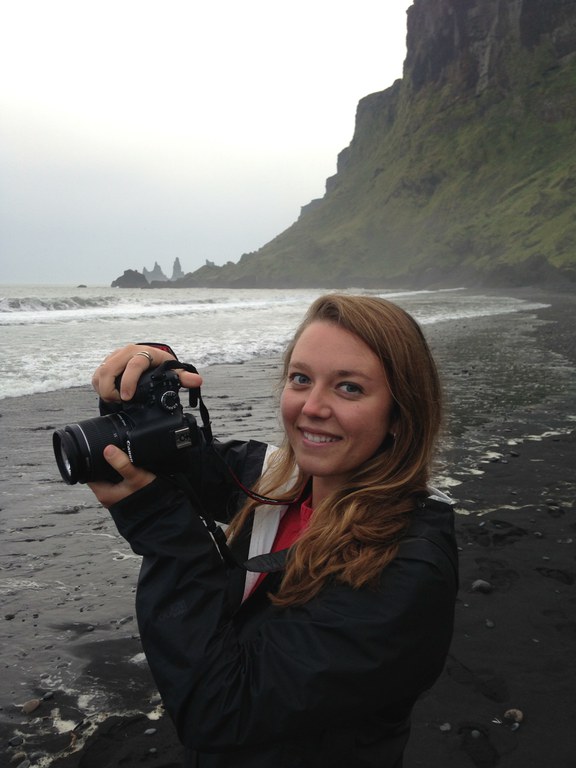Posted: April 18, 2017
Sarah Eissler, Ph.D. candidate and INTAD alumna, shares her experience of developing an international research project and identifying appropriate funding sources.
For my dissertation project, I am investigating the gender dynamics of small-scale cacao producers in their response to climate change. My research focus areas are in Lampung and South Sulawesi, Indonesia - two provinces across the archipelago. And for this project, I am working closely with scientists at the International Center for Tropical Agriculture (CIAT) based in Hanoi, Vietnam.
There is a major gap in the literature regarding women's roles in cacao production specific to Indonesia, particularly around the gendered dynamics of climate change impact and adaptation (Marston 2016). Women are uniquely vulnerable and often overlooked for capacity building opportunities, despite their active participation in the cacao sector and in unpaid labor tasks that support the household production of cacao (Marston 2016; Skinner 2011). Through this project, I aim to capture women's and men's perceptions of the risk, impact, and individual ability to adapt to climate change. Utilizing a mixed and multi-method approach, this research aims to address these gaps in the literature and investigate the gender dimensions of climate change for small-scale cacao producers specific to Indonesia.
My fieldwork in Lampung will entail a household survey, focus group workshops, participant observation, and in-depth interviews. I will be with a CIAT team for the first phase of the project, working together with on-the-ground partners (local NGOs) to facilitate the surveys and focus group workshops. After some brief analysis, I will head back to the area to stay with cocoa producing families and follow their daily activities via participant observation. And finally, I will conduct in-depth interviews with male and female small-scale cacao farmers, and women within small-scale cacao producing households. And then this methodology will be applied on a much smaller scale in South Sulawesi, the comparison province.
As it's always a topic of interest, especially for graduate students trying to fund their own research ideas, I can explain a bit about how I pulled together different funding sources to conduct my own research. I first identified funding opportunities available to me based on eligibility requirements and topic areas between the funding requirements and my own project. Some of these were readily available because other students in the INTAD program had received them, and others I found from word-of-mouth, Google searches, or by paying close attention to listserv emails. And then I applied. Many of the applications weren't successful, but three were, and now my entire PhD dissertation research is amply funded. I received the Whiting Indigenous Knowledge Student Research Award from the Inter-Institutional Center for Indigenous Knowledge (ICIK) to support scoping research in August 2016. And I received the Borlaug Fellow for Global Food Security Grant and the National Geographic Young Explorers Grant to fund my research and field experience here in Asia. Aside from the obvious benefit of having my research funded, diversifying support sources also provides various avenues to disseminate and share my results and research experience with a wide variety of audiences.
INTAD
Address
Melanie Miller Foster106 Agricultural Administration Building
University Park, PA 16802
- Email mjm727@psu.edu
- Office 814-863-0249
- Fax 814-865-3055
INTAD
Address
Melanie Miller Foster106 Agricultural Administration Building
University Park, PA 16802
- Email mjm727@psu.edu
- Office 814-863-0249
- Fax 814-865-3055


